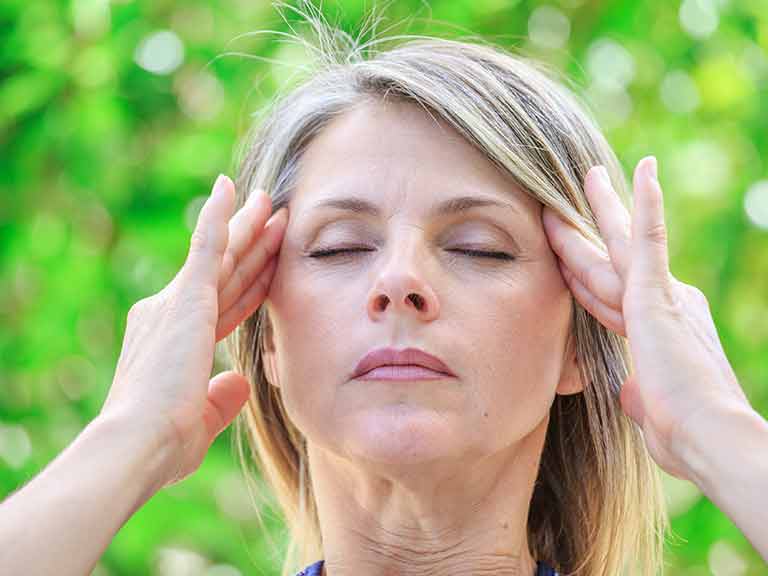What is vascular dementia? Dr Mark Porter explains
Vascular dementia is the second most common form of dementia after Alzheimer's. Dr Mark explains the symptoms, and how it is treated.

Vascular dementia is the second most common form of dementia after Alzheimer's. Dr Mark explains the symptoms, and how it is treated.

Long-serving newsreader Alastair Stewart has spoken openly about how he is living with vascular dementia. The NHS says the condition is estimated to affect some 180,000 people in the UK and it’s the second most common form of dementia after Alzheimer’s.
Saga Magazine's health expert, Dr Mark Porter, explains more about the illness and how lifestyle changes can make a difference.
There are thought to be up to 200,000 people in the UK currently living with vascular dementia. It is caused by a choking of the delicate blood supply to parts of the brain leading to damage and cognitive impairment.
While it can come on quickly following a stroke, it is typically a gradual ‘sludging’ process that occurs over many years and, as with circulatory problems elsewhere, is linked to factors such as smoking, obesity and high blood pressure.
Put simply, what’s bad for the heart is bad for the brain.
The ‘discombobulation’ and struggles with everyday tasks that Alastair describes are typical symptoms in the earlier stages. Short-term memory impairment is common too, but initially often not as marked as it is in Alzheimer’s disease.
The role of diet and lifestyle in vascular dementia means it is often more preventable than Alzheimer’s.
However, there is no specific treatment – drugs launched recently are all targeted at Alzheimer’s disease – and average life expectancy is currently just five years from diagnosis (though it tends to develop late in life and people die of other causes).
Vascular dementia may not be reversible, but its progress can be slowed by aggressive preventive medication, like statins to reduce cholesterol, treating high blood pressure, and lifestyle changes such as stopping smoking, losing weight, exercising regularly and eating healthily.
What’s good for the heart is good for the brain.
With 26 years experience in practice and a partner in a busy South Gloucestershire surgery, Dr Mark is also resident doctor on BBC One's The One Show, presents Radio 4's Inside Health, writes for The Times, and has popped up on celebrity versions of The Weakest Link and Mastermind.
Dr Mark was awarded an MBE in 2005 for services to medicine.

Are you retiring at the wrong age? The best age to retire for your body, brain, happiness and pocket.


Everything you need to know about the lung infection, and how you could be ill with “walking” pneumonia without realising it.

Strong calves for a strong mind: how they support our circulation and brain health, with easy moves to strengthen yours at home.


Our GP Dr Mark Porter explains what can cause itchy skin, which is a common problem as we get older.

Worried you’ve morphed into Victor Meldrew? Find out how to battle that bad mood, and what to do if you’re stuck with a grouchy loved one.

The benefits of heat and cold therapy, and how Nordic bathing won over our nervous writer.

Here’s how to spot the symptoms of heat disease and reduce your danger.


The NHS winter vaccination campaign kicks off next week. Here’s the lowdown on what you need to book.

Pilates for back pain – what to do if you are suffering, and five gentle exercises that could help.

Dizziness or vertigo: a sensation of spinning, can stop us doing everyday things for fear of falling. Try these tips to stop feeling dizzy


You don’t have to put up with bladder leaks. We try out the latest pelvic floor gadgets for men and women.

Cataracts are a normal part of ageing. Learn how to spot the signs – and when it’s time to consider surgery.